How to Change MAC Address on Windows
Using Device Manager
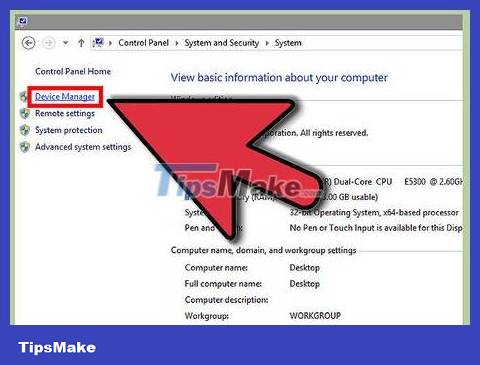
Open Device Manager. You can access Device Manager from the Control Panel. This option is in the System and Security section if you set it up to display by Category.
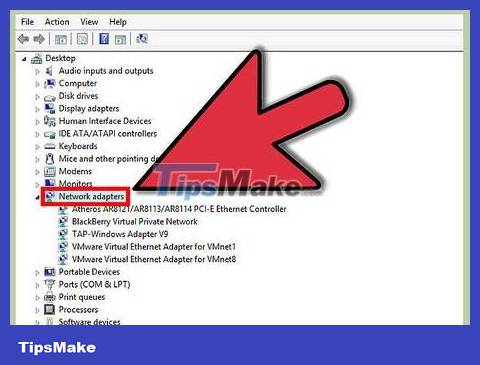
Expand the Network Adapters section. In the Device Manager section, you will see a list of hardware installed on your computer. They are arranged by category. Expand the Network Adapters section to view installed network adapters.
If you're not sure which adapter you're using, read Step 1 at the top of this article to find the device's Description.
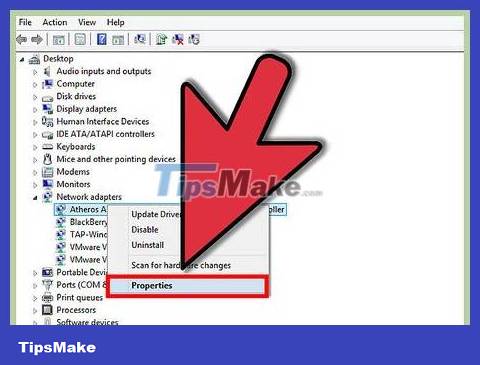
Right click on the adapter. Select Properties from the menu to open the network adapter's Properties window.

Click on the Advanced tab. Look for the "Network Address" or "Locally Administered Address" category. Highlight it and you'll see a "Value" field on the right. Click on the radio button to activate the "Value" field.
Not all network adapters work this way. If you don't find the above categories, you must use one of the remaining methods in this article to change the MAC address.

Enter MAC address. MAC address consists of 12 values, does not contain dashes or colons. For example, if you want to set the MAC address to "2A:1B:4C:3D:6E:5F", you just need to enter "2A1B4C3D6E5F".

Restart your computer to activate the changes. You can disable and then re-enable the adapter on Windows to apply the changes without restarting your computer. If you just drag the Wi-Fi's On/Off slider similar to ThinkPads and VaiOs, you will not be able to turn the card off/on satisfactorily.
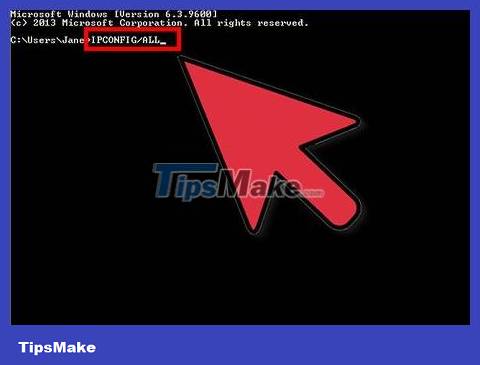
Check if the change has worked or not. After restarting the computer, open Command Prompt and enter the command ipconfig /alland note down the Physical Address of the adapter. This is the new MAC address.
Use Registry Editor

Find your network adapter's ID information. To easily identify the network adapter in the Windows Registry, you must gather basic information through Command Prompt. You can open Command Prompt by entering "cmd" into the Run dialog box (Windows key + R).
Type ipconfig /alland press Enter. Record the Description and Physical Address for the active device. Ignore inactive network devices (Media Disconnected).
Enter the command net config rdrand press Enter. Note down the GUID displayed in "{}", next to the Physical Address you just wrote down in the step above.

Open Registry Editor. You can open Registry Editor from the Run dialog box (Windows key + R) and type "regedit". This opens the Registry Editor, allowing you to edit network card settings.
If the registry is changed incorrectly, the system may malfunction.
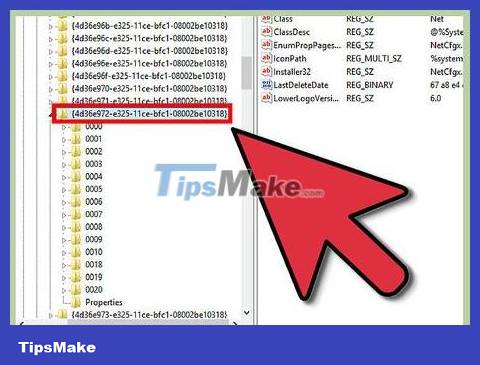
Navigate to the registry key. Open HKEY_LOCAL_MACHINESYSTEMCurrentControlSetControlClass{4D36E972-E325-11CE-BFC1-08002BE10318}. Expand by clicking on the arrow.
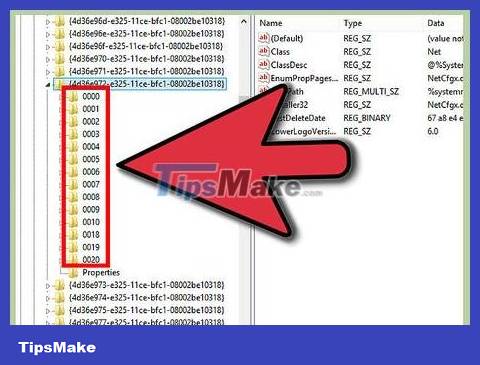
Find the adapter. You will see several folders named "0000", "0001", etc. Open each folder and compare the DriverDesc field with the Description you wrote down in the first step. To be sure, check the NetCfgInstanceID field to see if it matches the GUID from the first step.

Right-click on the folder that matches the device. For example, if folder "0001" matches a device, right-click on it. Choose New → String Value. Name the new value "NetworkAddress".

Double-click the Network Address category. In the "Value data" field, enter the MAC address. MAC address consists of 12 characters, does not contain hyphens or colons. For example, if you want to set the MAC address to "2A:1B:4C:3D:6E:5F", enter "2A1B4C3D6E5F".
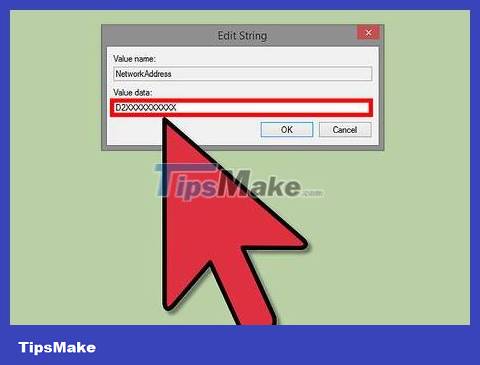
Make sure the MAC address is formatted correctly. Some adapters (especially Wi-Fi cards) do not allow the MAC address to be changed if the first half of the octet is not 2,6,A,E or begins with a 0. This requirement applies to Windows XP and format as follows:
D2XXXXXXXX
D6XXXXXXXXXX
DAXXXXXXXXXX
DEXXXXXXXX
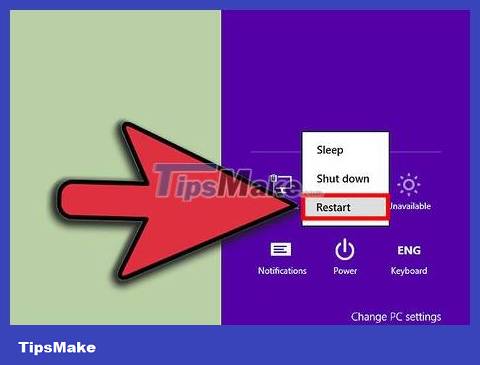
Restart your computer to activate the changes. You can disable and re-enable the adapter on Windows to apply changes without restarting your computer. If you just slide the Wi-Fi's On/Off switch like on ThinkPads and VaiOs, you won't be able to turn the network card on/off.

Check if the change has been applied. After restarting the computer, open Command Prompt and enter ipconfig /all, then note down the Physical Address of the adapter. This is the new MAC address.